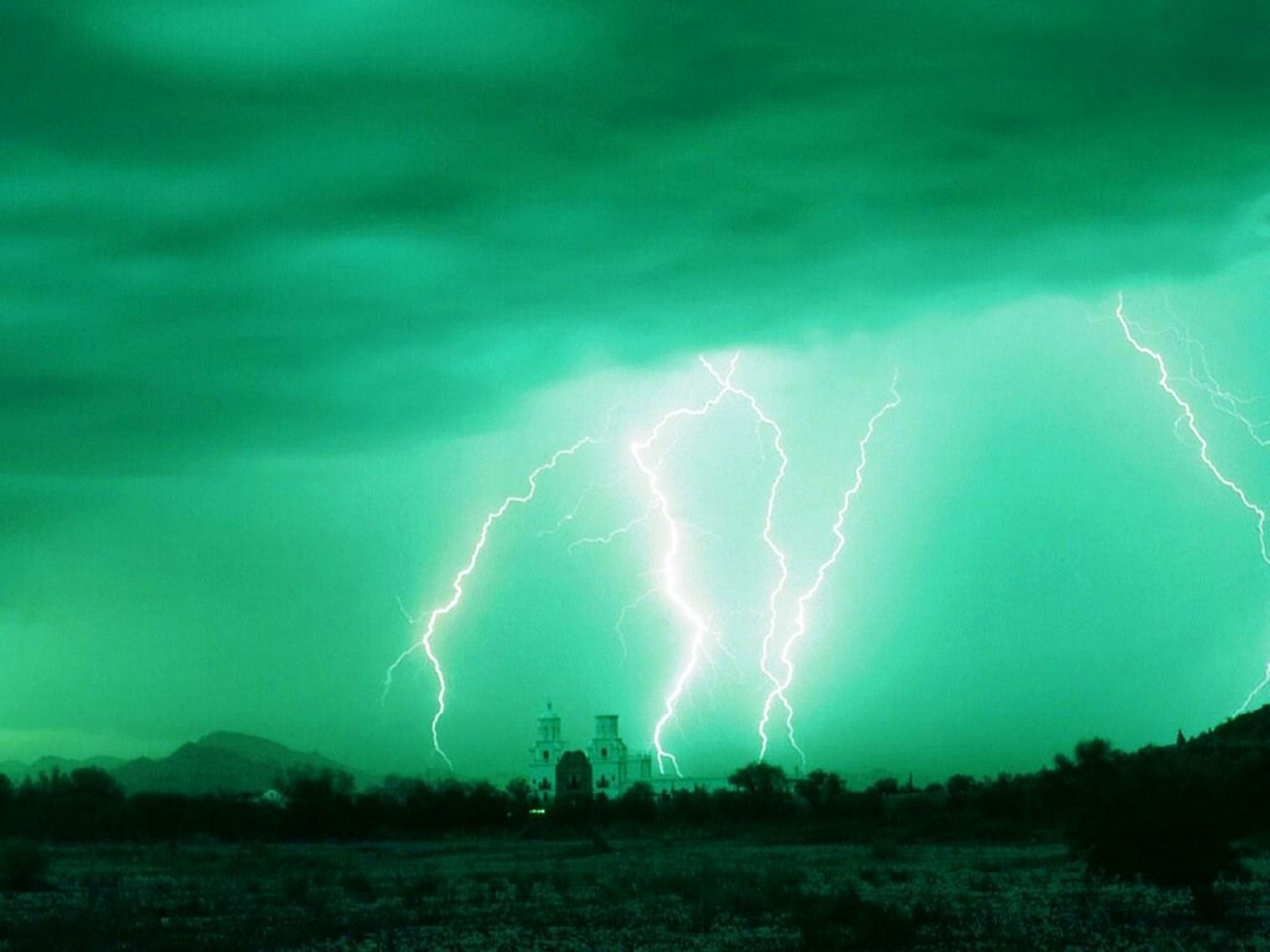
Disaster Relief: A Change in Attitude

Man's progression through the 20th century to the level of technological superiority achieved by the turn of the century was meteoric and, generally speaking, beneficial. The race engaged in by certain emerging nations, such as Brazil, Russia, India, China and South Africa (aka the BRICS countries), to close the divide on leading nations was just as impressive but filled with problems and failures. Certain deemed these problems and failures unavoidable, saying that any resulting changes to the ecological environment of certain regions of the planet were a necessary evil if they meant an improvement in the quality of life for the populations concerned.
Some benevolent Western thinkers even said that it was unreasonable to expect emerging countries to apply the same ecological standards as leading nations. It was the equivalent of asking emerging countries to stop their economic growth because the CO₂ gases they were expelling were adding to the volumes already being rejected by leading countries, signatory or not to protocols such as Kyoto, who, having astutely found a loophole in the protocol, were busy buying greenhouse gas quotas smaller countries would never fulfil.
With the dawn of the 21st century, mankind was beginning to understand the need for a cohesive world body to set the regulatory standards needed to contain the changing climate greenhouse gases are in part responsible for. Programmes such as the ESA's Envisat programme and the Nasa's Terra programme were set up to study the effects of man's actions on the climate. But however scientifically important these programmes are, they can't actually stop what has already begun. The desertification of large areas of Northwest China and the decimation of millions of square kilometres of tropical forests in favour of vast fields of monoculture crops used for the production of biofuel are already well underway. Fortunately, China, as an example, having understood the long-term impact this will have on their economy, is starting to undertake actions, namely, to slow down and even reverse desertification.
The Dec 26th, 2004, tsunami disaster had at least one positive result. After many global meetings, from Kyoto to Cancun, via Montreal, world powers started mulling over what would happen to their economies if such disasters happened at home.
If the Dec 2004 tsunami showed the world's population the power and devastation of disasters, Hurricane Katrina brought home once and for all – especially to those who thought otherwise – that such disasters can happen to anyone, anywhere in the world, even in countries hitherto untouched by such mega-disasters.

Bad News Carries Fast
If news of disasters had always inspired awe in those in distant, temperate places, devoid of extreme weather phenomena; this changed forever with the Dec 2004 tsunami disaster. Never before had a disaster received so much global coverage so fast. In 1991, and for the 1st time in history, the world watched live on cable TV as coalition forces waged war in Iraq. In 2004, news of the tsunami disaster sped around the world as it happened. Not by CNN but by the hundreds of mobile telephones living the horror as it happened.
What was truly phenomenal was that, as a result of this instantaneous communication, aid, support, and money were getting to the disaster area as quickly as the videos of the disaster were travelling around the globe. It was a technological achievement that was actively and instantly providing aid to the sufferers without political obstruction! The Indian Ocean's counterpart to the Pacific Tsunami Warning System was one of the environmental initiatives in the area that was expedited as a result of this catastrophe..
never before in human history, the global show of solidarity that followed the December 2004 tragedy sped up the subsequent rise in global awareness and brought some of the region's long-standing environmental issues back into the public eye. Did the fact that a number of Western victims were included among the dead and injured help raise awareness? Probably. The fact is, though, that several billions of dollars were raised or promised and actually – and very visibly – arrived at their destination to help reconstruct the region, without being hijacked or re-routed for other spurious purposes.
The problem was then to make sure that the funds were correctly distributed. But several problems became apparent:
- 1. Certain governments, often preferring to dedicate time and money to military projects or regional political strategies, neglected constructing or maintaining local infrastructures. So, having accomplished the feat of crossing oceans unhindered, the aid couldn't actually get to the disaster zone some 300 kilometres further up the road because there was no road.
- 2. With all the aid agencies in the world rushing to the relief zone and claiming priority over funds, material and local infrastructures, the situation became unmanageable..
- 3. The fact that Westerners may travel to developing nations for vacation does not give them the authority to dictate how these nations should conduct their businesses. The UN and other international institutions are crucial in this situation. But it's equally critical for states—even the hermit states—to realise that in an era of rapid news, bad news spreads quickly, particularly when it involves the interests of others.
© N.Richards Nov2007